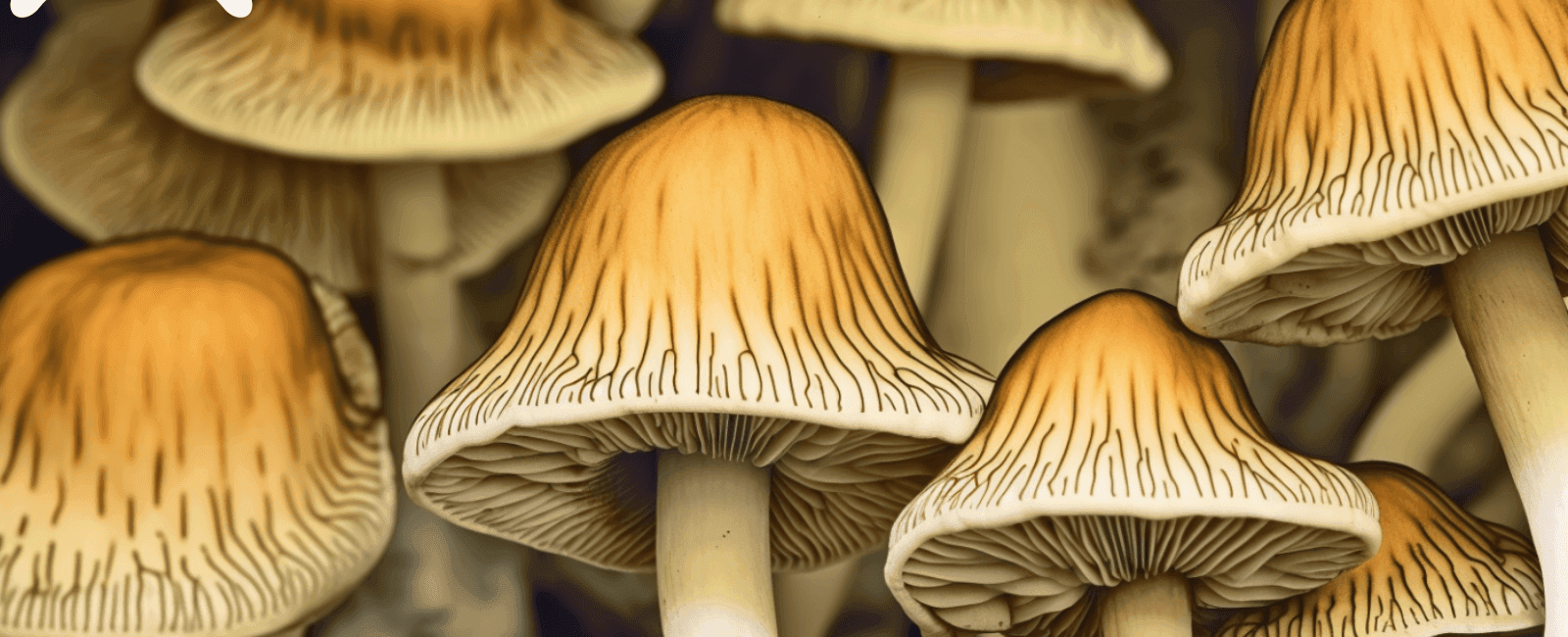

Rep. Robert Garcia (D-CA) just introduced a congressional bill meant to prevent the use of federal funds to persecute in states and localities that have legalized or decriminalized psilocybin mushrooms. The legislation, sponsored by Rep. Earl Blumenaur (D-OR), would prohibit law enforcement and federal intervention in these jurisdictions.
Background on the bill
The Validating Independence for State Initiatives on Organic Natural Substances (VISIONS) Act is a two-page bill that requests that no federal funds be used “to prevent any State or unit of local government from implementing such State’s or unit of local government’s own laws that authorize the use, distribution, sale, possession, research, or cultivation of psilocybin.”
The bill is based on previous laws that have been enacted since the growing state legalization of cannabis across the U.S. Though cannabis remains illegal on a federal level, agencies like the FBI and DEA have backed down on investigating and persecuting cannabis-related offenses.
The VISIONS Act would have a similar effect – protecting states with loosened psilocybin laws from federal action despite its legality.
“We’re taking the exact same language that was used for cannabis and we’re applying it to psilocybin,” said Rep. Garcia in an interview with the Los Angeles Times. “This really empowers states and localities… so that they know the federal government is not going to get in the way with criminalization.”
If the VISIONS Act passes, states would be safe from federal interference despite their legal stance on psilocybin. This would reinforce the concept of state autonomy in drug policy laws, allowing them to make important decisions on the regulation and legalization of psilocybin based on their individual circumstances, values, and public opinion.
Psilocybin’s legal status in the U.S.
Currently, psilocybin is considered a Schedule I Substance under the Controlled Substances Act (CSA), meaning it has the highest potential for abuse. Nonetheless, psychedelics like psilocybin have a low risk for addiction as fewer than 1 out of 100 people who used psychedelics in their lifetime have ever developed a hallucinogen use disorder (HUD). The risk of psilocybin abuse can be substantially lowered if used in a facilitated setting under the supervision of a trained medical professional. In comparison, highly addictive narcotics like cocaine, oxycodone, fentanyl, and methamphetamine rank lower in drug scheduling despite their significantly higher rates of overdose deaths.
So why is psilocybin still considered a Schedule I substance?
According to Mason Marks, the Florida Bar health law section professor at the Florida State University College of Law, “Schedule I is like a regulatory black hole because once drugs enter this category, they rarely come out. There is an asymmetry between the standard of evidence required by the FDA to approve drugs and the quality of evidence needed by the DEA to ban them. When approving medications, the FDA has exacting standards. Phase 3 randomized controlled trials involving hundreds or thousands of human subjects are required before a drug can be marketed and prescribed. However, to ban a substance, significantly less evidence is required by the DEA.”
Several clinical trials and anecdotal evidence have shown that psilocybin holds great promise in treating various mental health conditions like PTSD, depression, eating disorders, and addiction. Furthermore, the FDA has classified psilocybin with breakthrough therapy designation, a process designed to expedite the availability of drug treatments for serious health conditions. The FDA recognizes the overwhelming clinical evidence pointing towards psilocybin’s efficacy in treating drug-resistant depression and major depressive disorder. In June, the agency issued the first draft guidance on clinical trials investigating psychedelic drugs, demonstrating a progressive push towards future FDA approval. Psilocybin still faces many regulatory hurdles and requires more in-depth clinical trials to evaluate its safety and effectiveness. However, if the FDA approves the substance, the availability of legal psilocybin treatments could mark a major turning point in American mental healthcare.
Those who support the decriminalization and medical legalization of psilocybin argue that individuals who utilize this substance should not face legal repercussions because of its therapeutic potential.
“Here in the U.S., we have countless military and law enforcement veterans who have seen their lives improve thanks to these groundbreaking treatments,” said Rep. Garcia in a press release. “The potential benefits of psilocybin have been overlooked for years and my aim is to protect the areas and states that want to delve into the real progress this treatment can offer for people in their communities.”
Advocates also believe decriminalizing psilocybin for personal use and cultivation is a significant step towards addressing the failed War on Drugs and heading toward a more compassionate, evidence-driven approach to American drug policy.
Growing psilocybin legislation
Regardless of psilocybin’s federal status, states across the U.S. haven’t been deterred from creating their own policies and legislative proposals related to psilocybin or other psychedelic substances. Oregon and Colorado have both decriminalized psilocybin and legalized it for facilitated use. The first facilitated psilocybin centers in the nation have opened up in Oregon, and several clients have already received care. Other cities throughout America have also decriminalized psilocybin for personal use and cultivation, expanding with similar trends seen with marijuana decriminalization.
This year alone, several states across the country have followed in Oregon and Colorado’s footsteps by introducing their own psilocybin legislation. They have been closely monitoring the two states’ developments to determine how to implement a similar model.
For instance, in Rep. Garcia’s home state of California, the process of decriminalizing natural psychedelics is advancing, with the final decision pending the review of Governor Gavin Newsom (D-CA).
Garcia told the Los Angeles Times that if California does go through with the proposed bill, “the federal government should not be in the business of criminalizing folks in California, and certainly not cities across the state.”
He believes this rule should apply to other places considering decriminalization as well. Several other states, such as Missouri, New York, New Hampshire, Hawaii, and West Virginia, have also suggested related legislation.
The increasing acceptance, research, and legislation of psilocybin and other psychedelics is largely due to increased knowledge of their therapeutic potential and safety, along with shifting attitudes toward mental health concerns. With decreasing stigmatization, similar psilocybin laws are expected to spread all over the United States, and legislation like the VISIONS Act may prove useful in the sovereignty of state rights.


